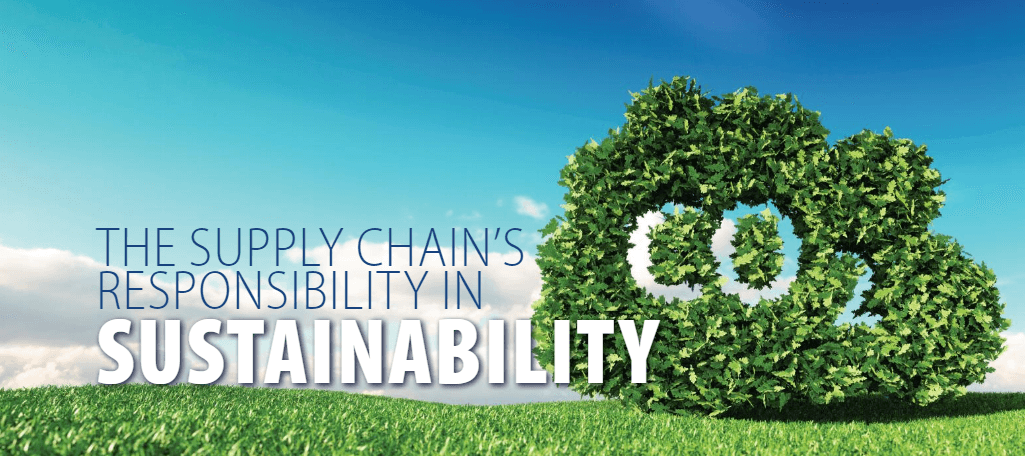


The more accessible and convenient it is to adopt to a sustainable operation, the more common it will become. This can be difficult as the supply chain has become so globalized and stretched, and companies may not realize they are working with someone that does not have the same values. This is where evaluating partnerships is important, says Jon Fish, senior vice president of strategic partnerships at Arrive Logistics.
“Sustainability is more relevant and critical for initial conversations when evaluating partnerships, especially for larger organizations,” he says. “Today, sustainability practices are one of the first things to come up in conversation vs. 10 years ago, when most of the time, it was an afterthought.”
“As far as approach, there isn’t one strategy dominating the industry. Every company is taking a different approach, from focusing on reducing overall environmental footprint to investing in technology to improve efficiency. Companies are finding that a commitment to sustainability is good business because consumer buying habits show that they are more brand loyal to brands committed to sustainability. There is brand equity in sustainability, and I expect that to only increase in the next few years.”
The importance of sustainable practices in partnerships are becoming the new compliance regulators, says Slay. When it comes to procurement and partnership, retailer and CPG brands move faster than government organizations in the implementation of policies. These companies do not do business with partners that could potentially conflict with their own sustainable guidelines.
Photo Credit: Supply and Demand Chain Executive
View entire article here: https://issuu.com/supplydemandchainfoodlogistics/docs/sdc1220_digital